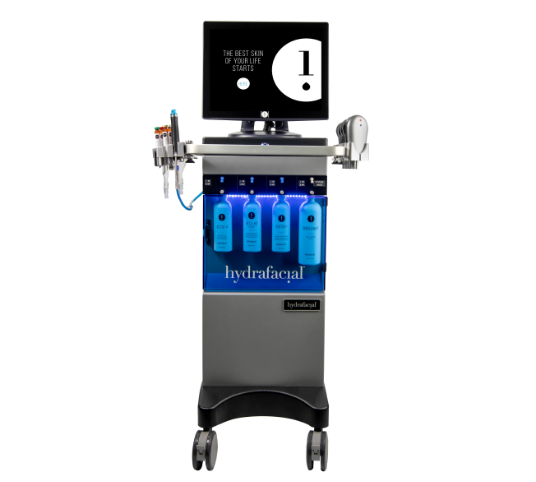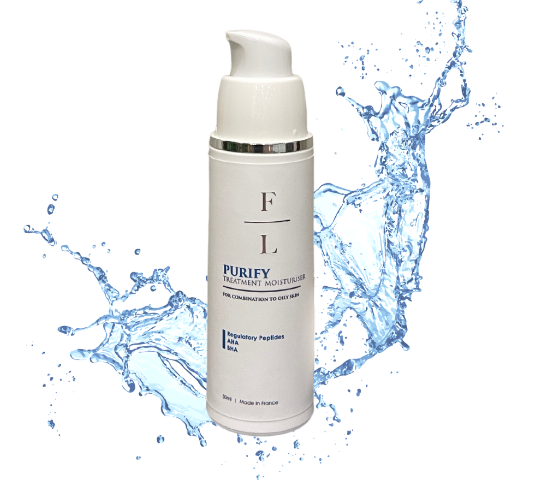In general, inflammatory skin conditions are ailments that leave the skin inflamed, red, and sensitive. In Singapore, one of the most common causes would be acne. Acne includes a spectrum from non-inflammatory lesions such as comedones (whiteheads or blackheads), to inflammatory lesions such as papules and pustules (pimples), which is associated with the proliferation (uncontrolled growth) of the P.acnes bacteria. In inflammatory acne, these pimples rupture and the bacteria are dispersed over the skin, leading to more proliferation which in turn leads to a self-perpetuating cycle of acne. If left untreated, acne, as well as acne scars, can lead to serious psychosocial effects such as decreased self-esteem, frustration, social withdrawal, or even depression.
Comedone formation is commonly associated with oily skin and excessive sebum production, as well as hormonal fluctuations due to puberty, menstrual cycle, stress, or irregular sleep. Therefore, healthy living habits and a good skincare regime suitable for acne prone skin forms the foundation for the treatment of acne. This includes regular sleep patterns, eating less sugary foods such as cakes or durians (which P.acnes thrives on), cleansing the face regularly (but not excessively!) with oil control cleansers that help remove excess sebum from the skin, as well as keeping the skin hydrated and balanced with an oil free moisturiser. Facial treatments such as the Hydrafacial Elite can also provide a deep thorough cleanse for the face, which helps to clear excessive sebum, dead skin cells and debris that obstruct the follicular epithelium (clogged pores). Finally, prescription medications that can help regulate hormonal cycles, reduce the impact of hormonal fluctuations on sebum production, or reduce the amount of sebum our sebaceous glands produce, are also effective in the treatment of acne.


Targeting P.acnes bacteria is another important facet in the treatment of inflammatory acne. P.acnes is normally present on our skin, and it’s only its excessive proliferation that leads to inflammation. Regularly cleansing the face, a non-sugary diet, suitable skincare and facials as above will already remove the conditions required for P.acnes to thrive and proliferate. However, in patients who are already suffering from inflammatory acne, we need to specifically target and treat the bacteria, for the acne to resolve and to break the cycle of proliferation. We can do this by using prescription antibiotics that specifically target P.acnes, which can be topical (pimple cream), oral (medications), or both. For more severe cases, lights and lasers of specific wavelengths can also be used to effectively target and disrupt the bacteria, as well as to reduce redness and inflammation in the area.
Acne marks (a form of post-inflammatory hyperpigmentation or PIH) are the brownish blemishes left behind by acne, which will almost always resolve completely on its own, but the process takes months or even longer, which can be very frustrating for patients especially if new acne keeps leaving behind fresh marks. Control of acne is therefore the key to resolving acne marks, while lightening creams and pigment lasers can help speed up the process of clearance.
